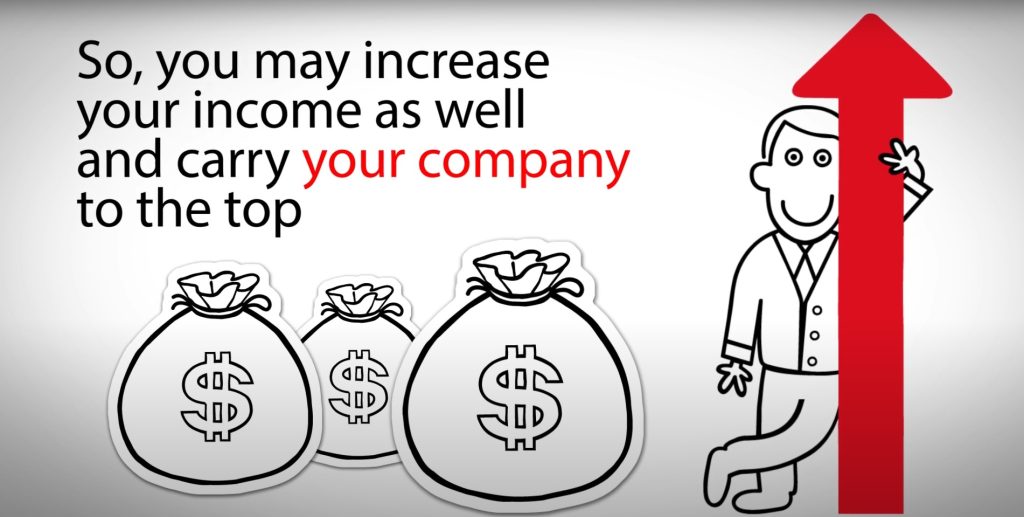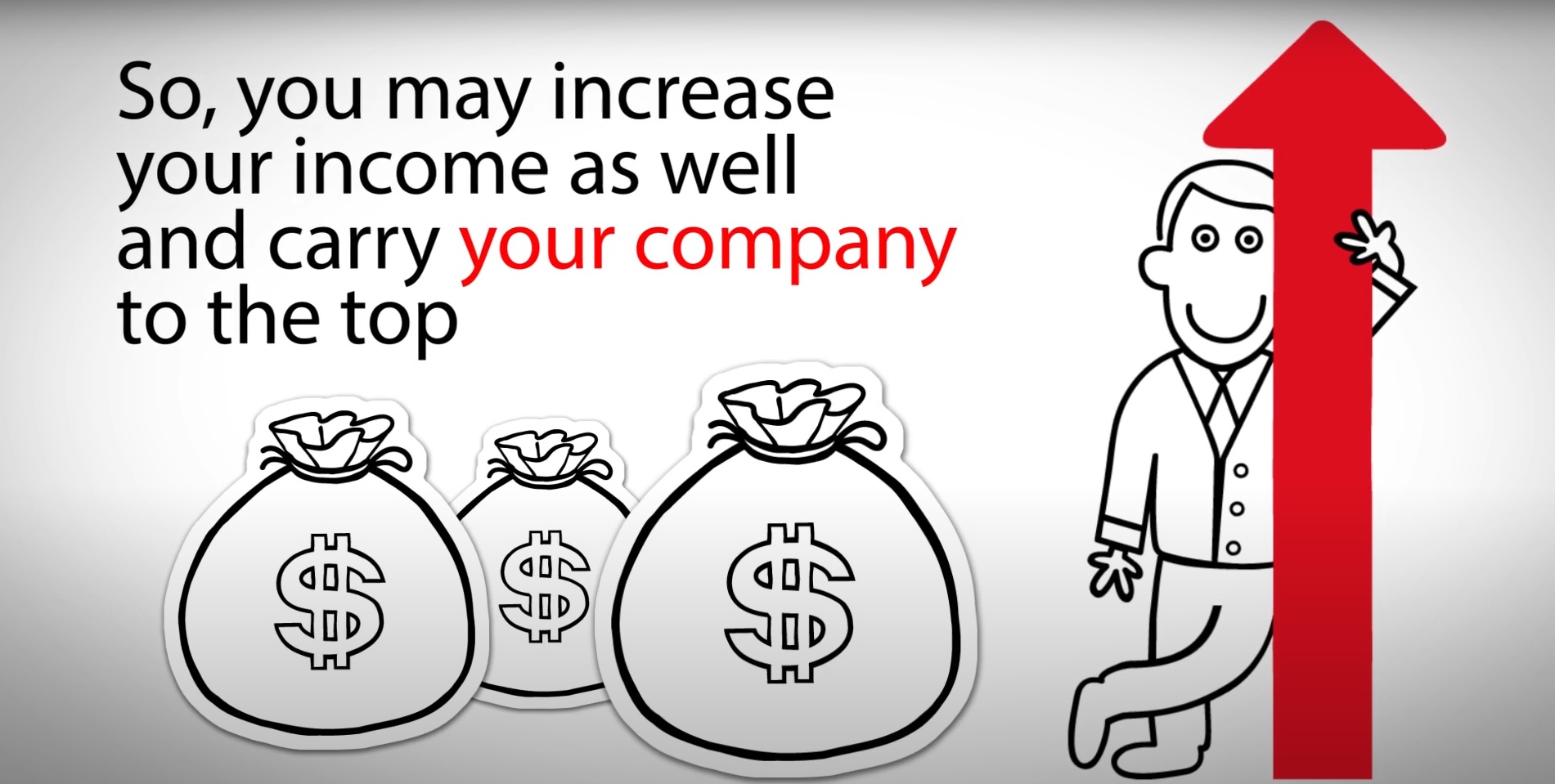To begin with, many businesses are discovering that whiteboard animation films are one of the most efficient ways to engage with a variety of consumers. Whiteboard animation videos have transformed the advertising and marketing sector.
We say this because whiteboard animation videos have been shown to enhance viewer retention by 15% compared to traditional talking head videos. Isn’t that fantastic?

Furthermore, the whiteboard animation videos improve viewer readiness to share by over 65 percent. Consider the implications for your company. You may utilize whiteboard hand-drawn videos for many purposes, including selling a concept, introducing your product or service, or even teaching your consumers how to use the software. The options are limitless.
Now let us talk about how to develop or create one that best suits and follow these steps to create an effective and amazing whiteboard animation video.
Animation
Gather customer data to assist in tailoring the content of your whiteboard video to guarantee the effectiveness of your animated video. A smart video marketing strategy is the first step in creating a whiteboard animation video.
To get the most out of your video, you’ll need to collect client data to assist you in customizing the content of your whiteboard video. Begin by determining your target audience, the message you want to convey, and whether a whiteboard animation is the best medium for the job.
To establish the most effective technique for the video, it is necessary to study the target audience’s demographics. Then choose a topic that will be both informative and entertaining for them. Animated characters spark empathy and connection in your target audience. If these personalities are based on the audience, this is more plausible.
Identifying distinct consumer profiles who might respond better to your whiteboard animated film is a key factor. Then, to appeal to this specific buyer, model the characters, scene, style, circumstance, and tone.
Animation Script
An introduction, problem, solution, and call-to-action are simple formulas for making a whiteboard animation for business. One of the essential areas of the narrative process is the script. The script is the next phase in the whiteboard animation creation process. Everything else in the process will be unsuccessful if your whiteboard explanation video has a terrible script. As a result, make certain you get the script right the first time.
Discuss the usual daily chore your target audience faces about your business or product. This may be a business owner attempting to sell their wares online. The issue should be significant to the organization’s operations, efficiency, profitability, or anything else. A decent rule of thumb is to point out some of the existing solutions and the obstacles that come with them.
After seeing the whiteboard video:
- Give your target audience the next steps they should take.
- Discuss how your company or product may help them address their problem.
- Describe how your solution is better than other products or services on the market.
- Give your viewers enough information to make an informed decision about whether or not to contact you or buy your product.
Whiteboard Style
Visualize your screenplay and make different doodles for each sentence. They might be tough at this point. You do not need to create works of art; instead, make sure you write down all of your ideas. The creation of a storyboard is the next phase in the process. This is similar to a comic strip that describes all of the video’s actions and visual components.
Draw a sequence of essential scenes based on your script from the previous phase. Among all of our whiteboard styles, this is one of the most popular. Using the stitch board technique, your characters can be stitched onto a denim material. This is one of our most distinctive boards. It’s a good idea to draw three to four images for each sentence.
A whiteboard storyboard can’t have many transitions because a whiteboard movie resembles an individual drawing on a whiteboard while telling a story. It’s also worth noting that the drawing hand is one of the three basic aspects of a whiteboard animation video.
Storyboard
Creating a storyboard is an important aspect of the whiteboard video production process since it keeps you organized. While linking visuals and voiceovers, it also gives you a sense of tempo. Your whiteboard video’s storyboard is more like a comic strip.
Storyboarding is used to help you visualize how to order the script frame by frame. Make use of imagery that enhances and explains your views. Consider your whiteboard animation’s storyboard as a graphic organizer. Many companies and video producers avoid employing a storyboard, especially when using prepared content.
Professional Voiceover
If you have a good script, you should capture the audio voiceover rather effortlessly. The key is to keep the voiceover peppy, interesting, and vibrant to keep your audience’s attention. Unless you’re developing a whiteboard animation film for fun, we recommend hiring the right voiceover artist who can deliver your message effectively and in the appropriate tone.
An important aspect of voiceovers is that they must be recorded by a native speaker of the language and place in question. In other words, the tone of your voice should be appealing to your target audience. You should pay close attention to background noise and breathing patterns, as well as your intonation.
It pays to find a voiceover artist that knows how to tell stories in a way that fascinates the audience while also conveying your message. Other straightforward tips for recording speech include avoiding multisyllabic words. If it’s difficult to say, it’ll be difficult to understand, so practice and go slowly.
Stroke Colors
Whiteboard videos don’t have to be black and white all of the time. In this day and age of branding, you may employ color psychology to elicit specific emotions in your videos. To make your whiteboard video more unique, you can use our 2d characters, handcrafted animations, or even Video Infographics. It would help if you employed strong visual cues that support the content to make a superb whiteboard film. The whole aim of whiteboard video is to use graphics to simplify the storytelling.
Background
Even if you’ve decided to make a whiteboard animation film, did you realize there are a variety of whiteboard backdrops to pick from? The most common background style is the whiteboard. It comes with a standard whiteboard, similar to those found in offices.
These backgrounds, often known as chalkboards, are reminiscent of a teacher conducting a classroom lesson on a blackboard or green board. While glass board and whiteboard appear to be extremely similar, there is a key distinction. The things on the screen appear translucent while using a glass board, and the hand appears behind the drawing.
You can utilize a variety of whiteboard styles to make it more effective than others, such as things written and drawn from behind, as if they were on glass, on a glass board. Make use of colors. Even though many whiteboard animations are black and white, using color to accentuate significant aspects and boost engagement levels should always be considered.
To make the glass board stand out, you might use a different background color. For your animated videos, you may also make bespoke backdrops. For example, as a drawing instrument, you can use chalk or a marker. You can choose from a custom color or a picture as a background. The color white is required in whiteboard videos.
Some whiteboard companies may be inventive and desire to employ a variety of colors, which isn’t necessarily a bad thing. The white color is not only similar to a typical whiteboard, but it also provides a clean background on which to display images. Given the amount of writing in whiteboard videos, a white background is ideal.
Exploring new things and being creative is great, but exceeding it might destroy a whiteboard video. Consider some of your favorite whiteboard videos. Because of the style’s simplicity and clarity, it’s simple to follow the content and avoid being sidetracked by complicated graphic aspects. If you want to make a good whiteboard film, you must stick to the fundamental parts of the process.
Duration
Any time you have less than 40 seconds to make your point is a short window, and anything more than 90-95 seconds will bore your audience. According to the statistic, a viewer usually loses focus and quit viewing a video after two or three minutes.
The viewer retention rate drops to 59 percent as the movie length approaches two minutes. The ideal reaction is that your video should be no longer than necessary. That doesn’t always mean you’re aiming for a specific duration in minutes or seconds.
Above all, focus on your message and how to make it as concise and appealing as possible. It’s not the same as recording voice over the way you speak or the way radio and media personalities speak to their listeners. A voiceover’s major purpose is to hold the audience’s eye after an explainer film’s aesthetic appeal has grabbed their interest.
Recording
Remember that you really can speed up the video as you’re recording it. As a result, it’s best to go at your own pace. Because this isn’t a live recording, feel free to take brief breaks as needed. In the end, everything would be stitched together to seem like one continuous shot. Use soundtrack to enhance and enhance your animation video’s storytelling ability. You should never, however, make the mistake of obscuring it.
Sound effects must not overpower the dialogue and should be kept to a minimum. When employed in video content, background music positively affects the viewers. It’s a great approach to compliment the delivery of your film’s messages while also setting the right tone for your whiteboard animation films. Most viewers would prefer to watch a video with background music for longer than one without, merely because it is more fun to listen to.
You may speed up your video with video editing tools to make it coordinate with your voiceover. At this point, it’s important to remove any extraneous components and errors. The lines can be made black using filters, and the paper should be white.
Your animated video was most likely shot in numerous sections. If this is the case, utilize a tool to connect all of your clips. Upload your whiteboard animation movie after you’ve finished connecting your segments. If you choose, you can also include a custom watermark with your name, logo, or brand. Simple graphics are common in whiteboard videos, giving the impression that they are easy to create.
Designers often tell you that the most basic designs are difficult to develop. Whiteboard video illustrations are the same way. To develop simple, clear, and captivating visuals, you’ll need a talented whiteboard video graphics designer.
